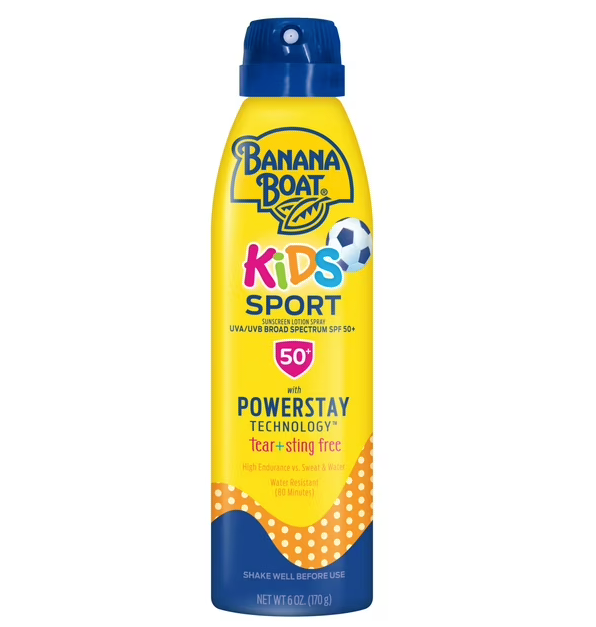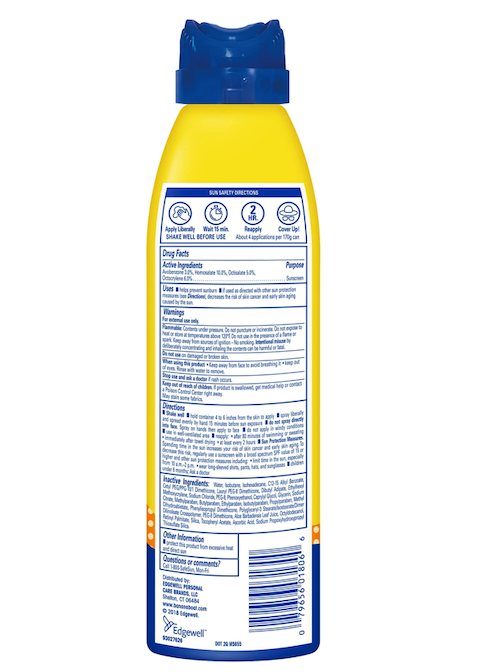Is sunscreen really killing the reefs
With the increasing concern for our environment, many have questioned the impact of sunscreen on coral reefs. But is sunscreen really killing the coral reefs? Let's delve into the facts and science behind this controversial topic.
Understanding the Issue
Research has shown that certain chemicals found in sunscreen, such as oxybenzone and octinoxate, can have harmful effects on coral reefs. These chemicals can disrupt the development of coral larvae, cause coral bleaching, and even contribute to coral reef degradation.
Fact vs. Fiction
While it is true that some sunscreen ingredients can be damaging to coral reefs, it is important to note that other factors, such as climate change, overfishing, and pollution, play a much larger role in coral reef decline. In fact, a study by the National Oceanic and Atmospheric Administration (NOAA) found that up to 80% of the damage to coral reefs is caused by non-sunscreen related factors.
Choosing Reef-Safe Sunscreen
For those concerned about the impact of sunscreen on coral reefs, there are alternatives available. Look for sunscreens labeled as "reef-safe" or "oxybenzone-free" that use mineral filters like zinc oxide or titanium dioxide. These ingredients are less harmful to coral reefs and still provide effective sun protection.
Protecting Our Oceans
While sunscreen can play a role in coral reef damage, it is just one piece of the puzzle. To truly protect our oceans and coral reefs, we must address larger issues like climate change, pollution, and overfishing. By making sustainable choices in our daily lives and supporting conservation efforts, we can help preserve these vital ecosystems for future generations.



